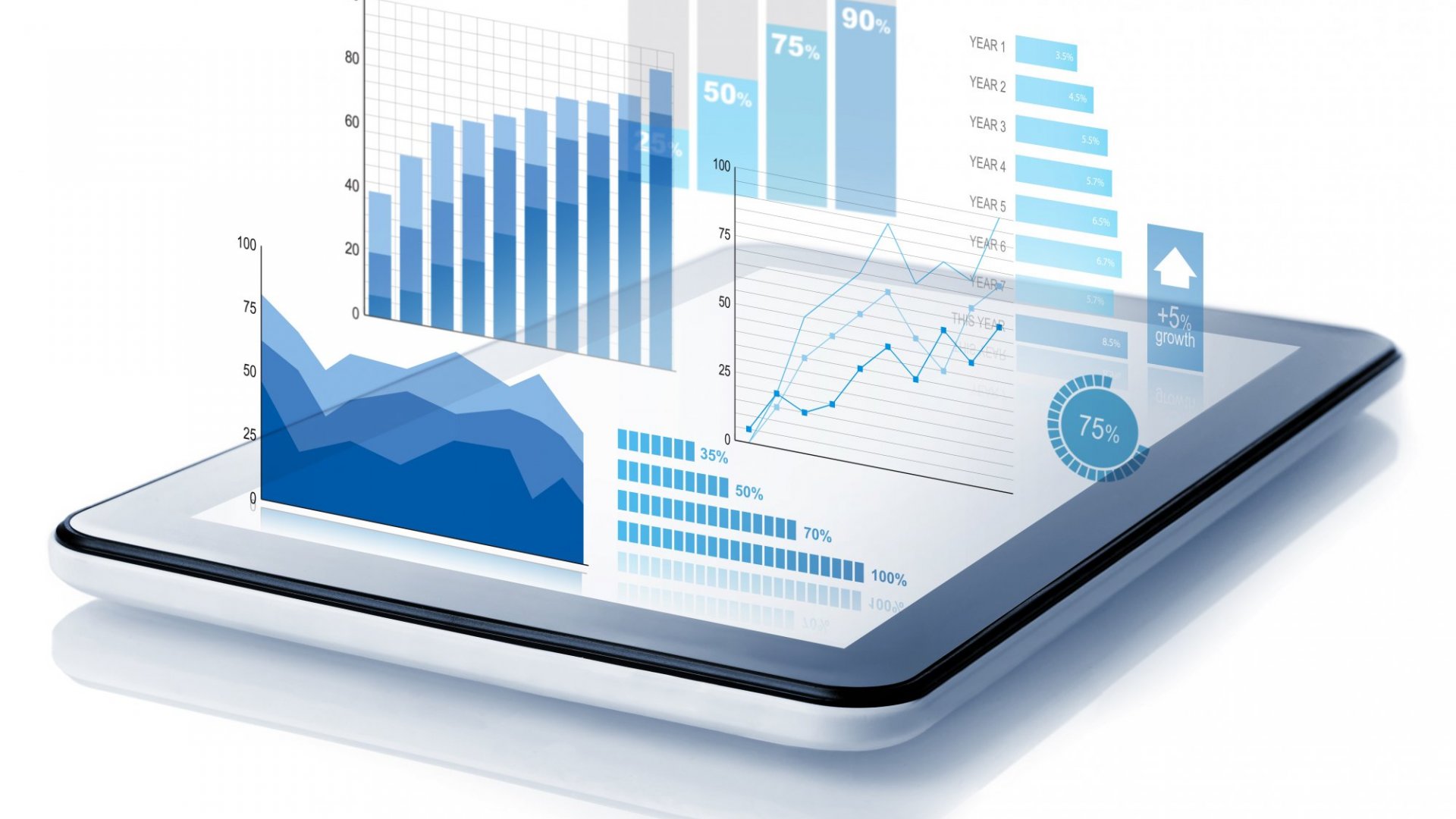
Introduction:
In the fast-paced world of B2B sales, time is money. Chasing down unverified or outdated leads can waste valuable resources, which is why verified data is a game-changer for businesses seeking efficiency and growth. This article explores the importance of verified data in B2B lead generation and how it can enhance your sales success.
1. What Is Verified Data in B2B Lead Generation?
Verified data refers to contact information that has been cross-checked for accuracy and relevance. This ensures that the email addresses, phone numbers, and other contact details you use to reach potential clients are up-to-date and correct.
2. Why Verified Data Matters for Your Sales Team:
- Saves Time: Your sales team can focus on real opportunities instead of wasting time on bad data or chasing leads that don’t exist.
- Improves Conversion Rates: Accurate contact details mean you’re more likely to reach decision-makers who are open to your pitch.
- Better ROI: Every dollar spent on lead generation will go further when targeting verified contacts. You can be confident that your resources are directed toward valid prospects.
3. How Verified Data Affects Email Marketing Campaigns:
Email marketing is only effective if your emails are delivered to real, active accounts. Verified data ensures that your campaigns reach the right inboxes, reducing bounce rates and increasing engagement.
4. Tools for Verifying Lead Data:
Several platforms specialize in verifying business leads, including ZoomInfo, Hunter.io, and Clearbit. These tools authenticate email addresses and other contact information, ensuring that your outreach campaigns target accurate leads.
Conclusion:
Using verified data in B2B lead generation is critical to improving efficiency and boosting sales performance. Investing in verified leads ensures that your marketing and sales efforts are directed at the right people, driving more meaningful conversations and better ROI.
